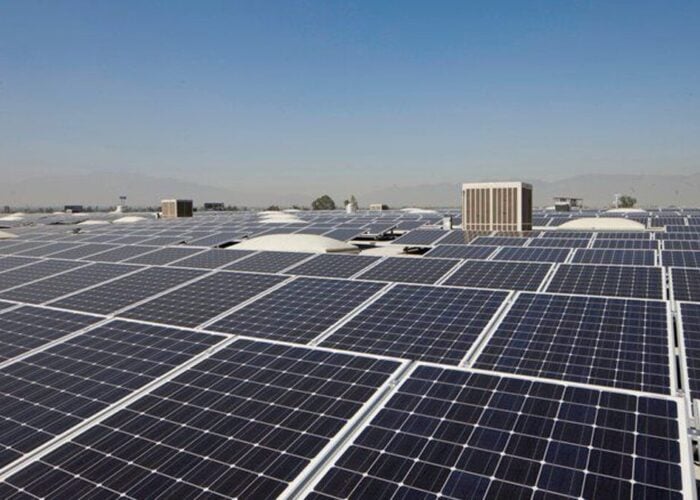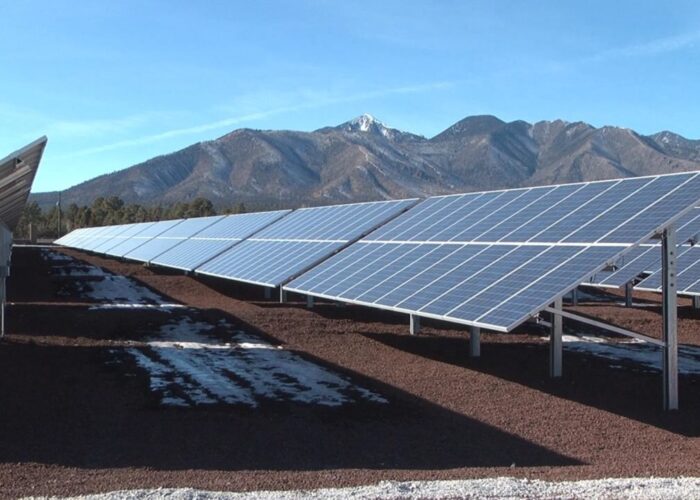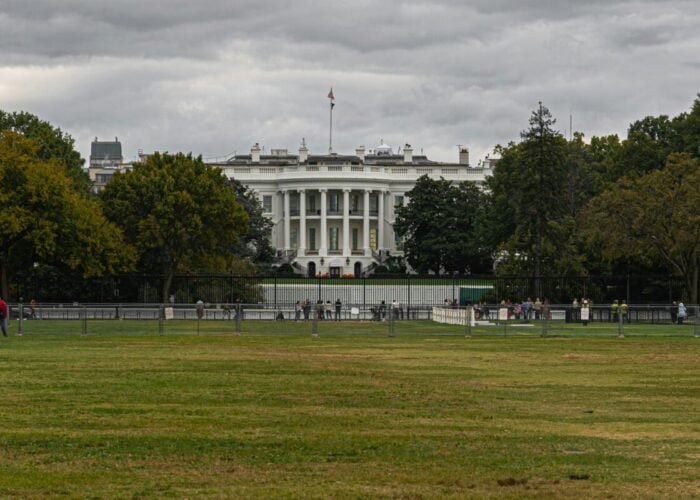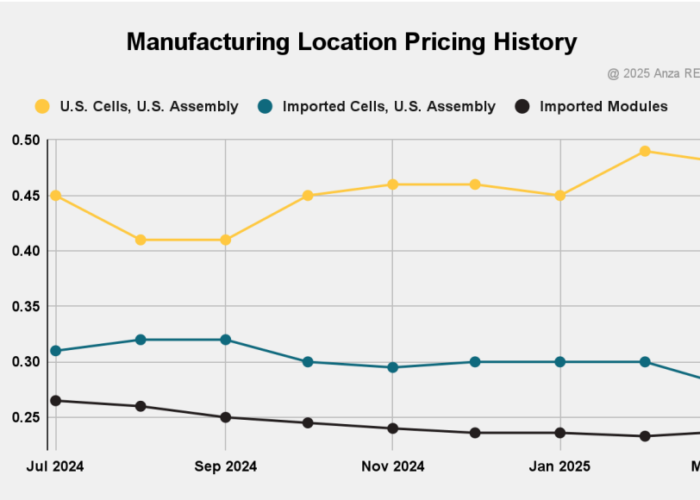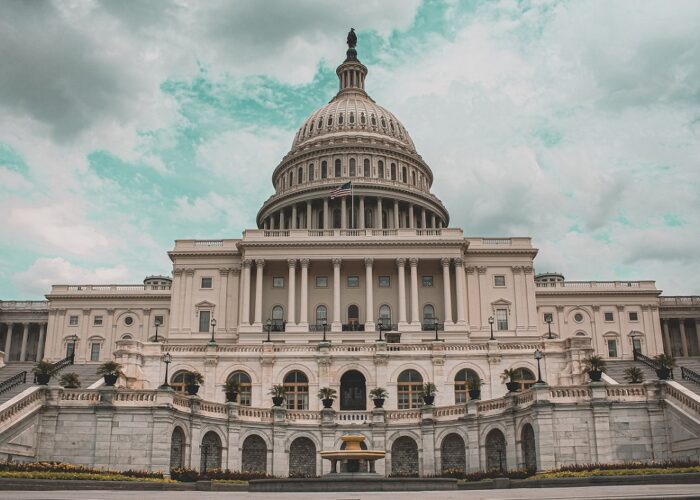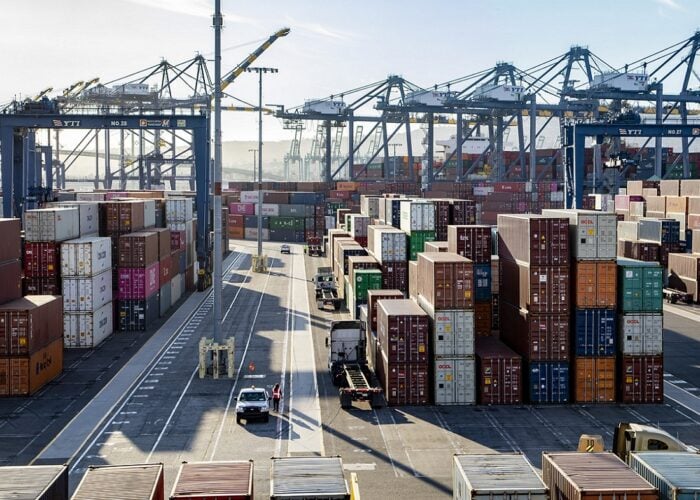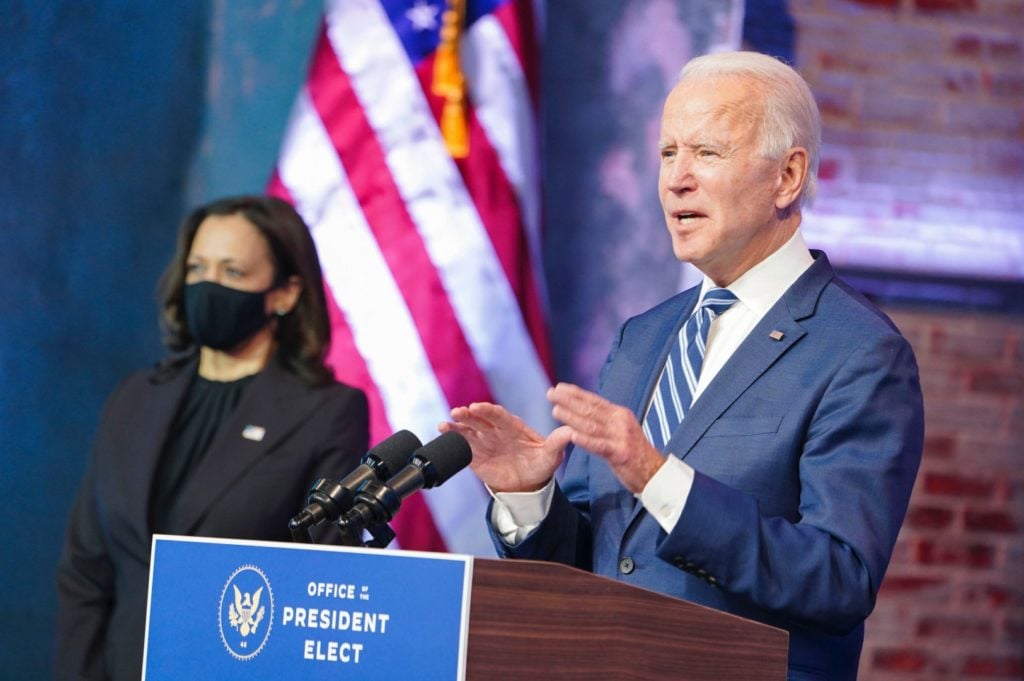
The Biden administration has upheld former US President Donald Trump’s controversial decision to remove a tariff exemption for bifacial solar panel imports.
On Monday (1 March) the Department of Justice (DOJ) asked the Court of International Trade to dismiss legal action brought forward by renewables entities such as the Solar Energy Industries Association (SEIA), NextEra Energy and Invenergy, that challenged Trump’s decision to raise tariffs on imported modules to boost domestic production.
Unlock unlimited access for 12 whole months of distinctive global analysis
Photovoltaics International is now included.
- Regular insight and analysis of the industry’s biggest developments
- In-depth interviews with the industry’s leading figures
- Unlimited digital access to the PV Tech Power journal catalogue
- Unlimited digital access to the Photovoltaics International journal catalogue
- Access to more than 1,000 technical papers
- Discounts on Solar Media’s portfolio of events, in-person and virtual
The ruling comes just over a week after dozens of chief executives wrote to Biden calling for an end to what they called “punitive and ill-conceived” taxation on the supply chain.
Court filings show that the Biden administration found no reason to suspect wrongdoing and recommended the complaint be dismissed.
Spokespeople for the trade bodies SEIA and Vote Solar declined a request for comment.
Trump’s government imposed 30% tariffs on solar modules imported to the US in February 2018 in an attempt to give a boost to the country’s domestic manufacturing capabilities. However, the move triggered reports of “devastating harm” to the sector and prompted a legal battle with Canadian solar businesses. The Section 201 tariffs had gradually decreased since their implementation and fell to around 20% last year. They were due to fall again to 15% at the start of this year, but Trump announced plans to impose an 18% tariff on panels October, and also removed an exemption for bifacial PV panels, which then carried a 20% tariff.
DOJ stated in its ruling that the legal complaint failed to demonstrate that Trump’s decision betrayed any procedural violation. The exemption on bifacial panels, it said, created a loophole that was undermining the effectiveness of the tariffs.
Biden has shown support for the country’s clean energy sector as a whole, setting a target to reach 100% carbon-free electricity generation by 2035. In addition, he signed Executive Orders during his first weeks in office that included a directive to federal agencies that they must procure “carbon pollution-free electricity” alongside zero-emission vehicles, and a pause on new leases for oil and natural gas projects on public lands and offshore waters.
But the ruling could prove challenging for many of the US’ solar project developers. An open letter published in February and backed by the SEIA and 17 renewables CEOs said the tariffs stifled job creation in the sector and “hindered” the nation’s ability to tackle climate change. SEIA chief executive Abigail Ross Hopper said that “billions of dollars’” worth of solar contracts have been put at risk because of the measures.
Heather Zichal, president of the American Clean Power Association and one of the signatories of the letter in February, said the October 2020 tariff hike had “injected uncertainty into the marketplace”.

